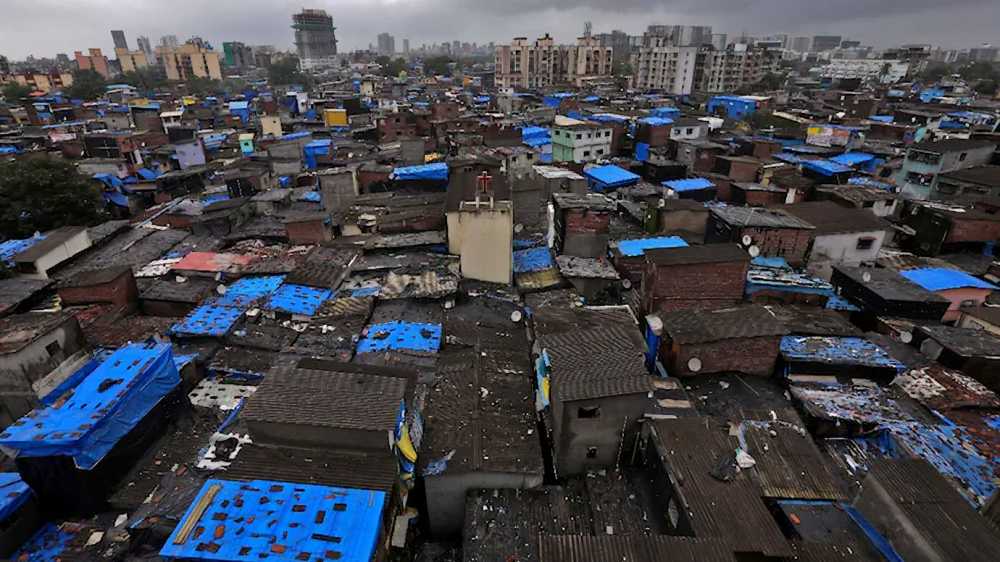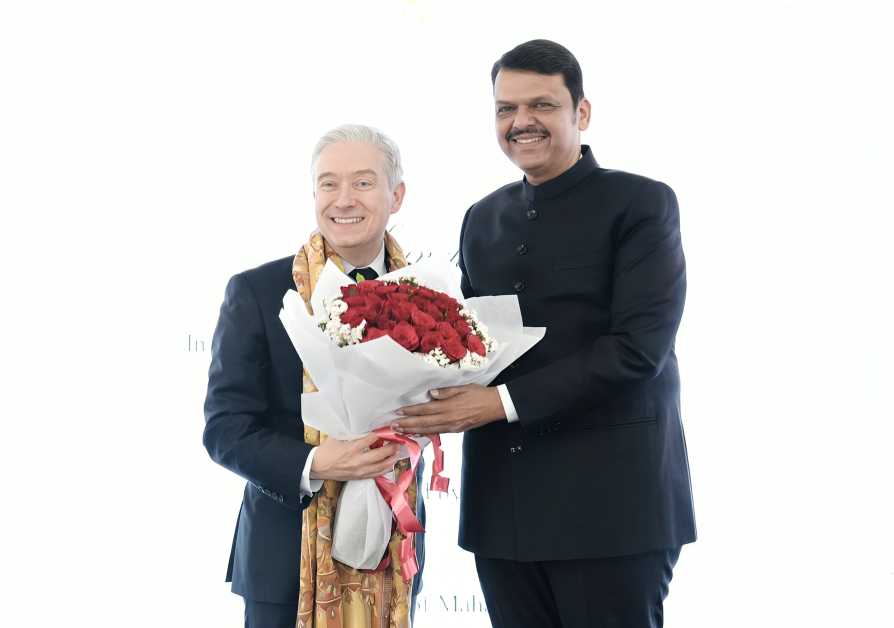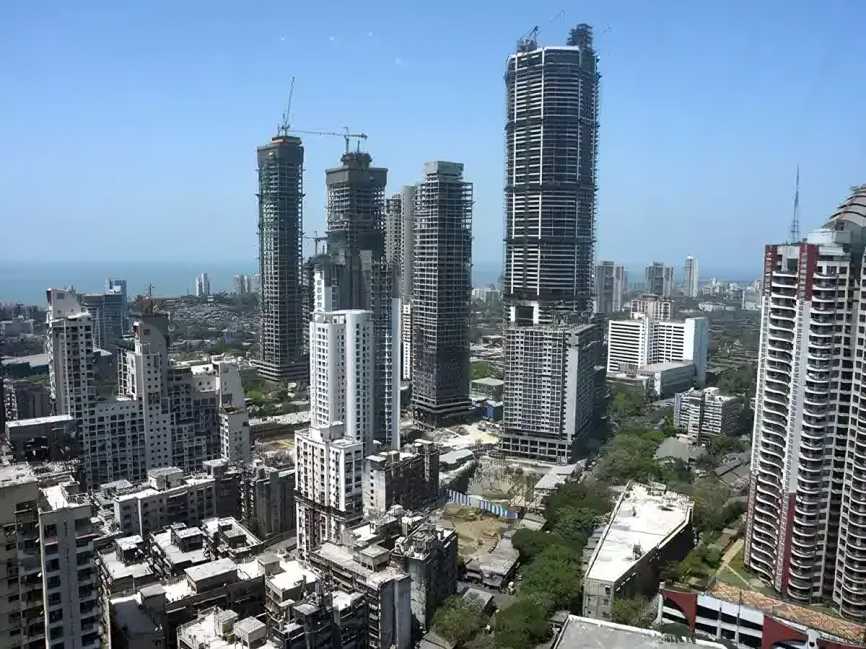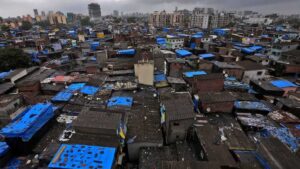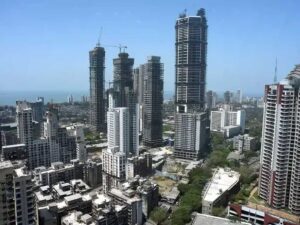The Waste-to-Energy (WTE) plant at Mumbai’s Deonar dumping ground is in its final setup phase and is expected to begin operations within the next three months, as confirmed by Municipal Commissioner Bhushan Gagrani during a recent event in Dadar. Once fully operational, the plant will process 600 metric tonnes of municipal solid waste daily, generating approximately 4 megawatts of electricity. This marks a significant step in Mumbai’s waste management strategy, as the city currently generates about 7,000 metric tonnes of waste per day.
The Deonar landfill, in operation since 1927, currently holds a massive backlog of nearly 20 million metric tonnes of legacy waste. The BMC has already taken steps towards sustainable waste management, closing the Gorai and Mulund landfills. While the Deonar site remains under BMC’s operational control, it was recently partially handed over to the state government for the Dharavi Redevelopment Project. The Kanjur Marg landfill is currently the city’s only active landfill, where daily waste is still deposited.
Despite earlier setbacks, including unsuccessful bidding attempts and delays in securing environmental clearances, the WTE project has gained momentum. The BMC awarded the 600 metric tonne-capacity contract to M/s Chennai MSW Pvt. Ltd. at a cost of Rs. 648 crore. The plant’s design and build phase is set to last 40 months, followed by 15 years of operation and maintenance. The completion of the Deonar WTE plant will contribute to reducing the city’s growing waste crisis and improve its energy sustainability.
Additionally, a second WTE plant is planned for the Kanjur Marg landfill, signalling Mumbai’s commitment to transforming its waste management infrastructure and reducing its dependence on landfills.
Source: The Free Press Journal








